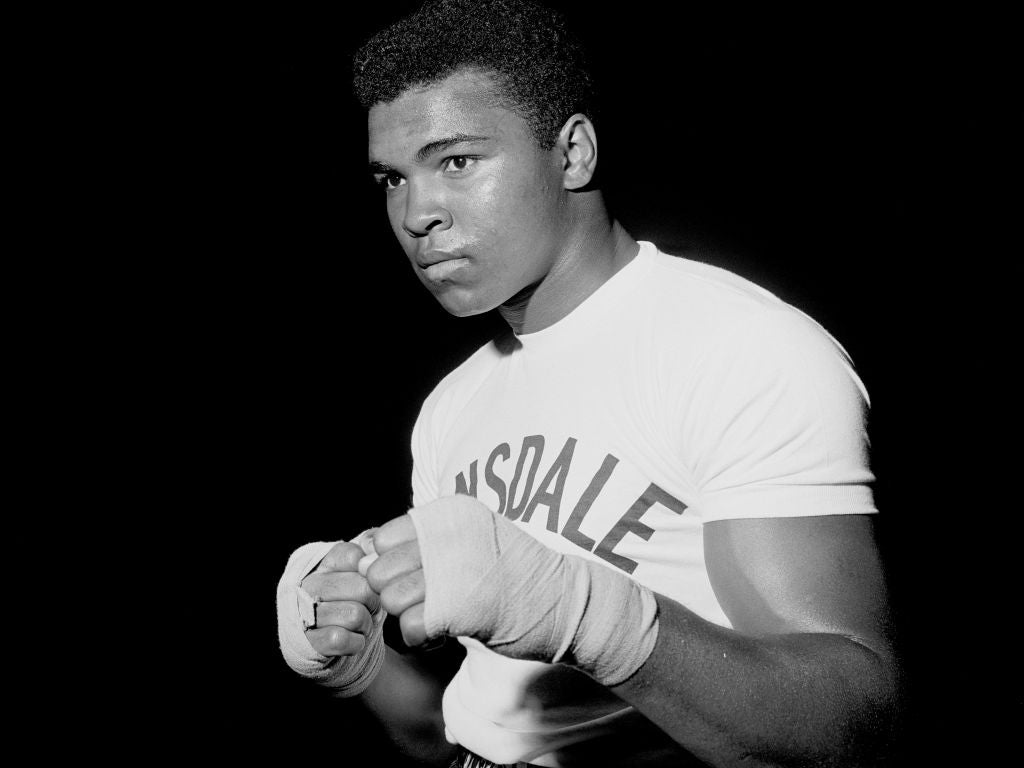Muhammad Ali death: Iconic boxer's letter demanding exemption from Vietnam war
Ali's conviction for draft evasion was overturned in 1971

Your support helps us to tell the story
From reproductive rights to climate change to Big Tech, The Independent is on the ground when the story is developing. Whether it's investigating the financials of Elon Musk's pro-Trump PAC or producing our latest documentary, 'The A Word', which shines a light on the American women fighting for reproductive rights, we know how important it is to parse out the facts from the messaging.
At such a critical moment in US history, we need reporters on the ground. Your donation allows us to keep sending journalists to speak to both sides of the story.
The Independent is trusted by Americans across the entire political spectrum. And unlike many other quality news outlets, we choose not to lock Americans out of our reporting and analysis with paywalls. We believe quality journalism should be available to everyone, paid for by those who can afford it.
Your support makes all the difference.In 1966, Muhammad Ali, one of the biggest sportsmen in the world defied the US government by refusing to fight in the Vietnam War.
Ali had recently converted to Islam, joining Elijah Muhammad’s Nation of Islam, and subsequently changed his name from Cassius Clay which he called his “slave” name. It was in the name of his religion that Ali claimed conscientious objection.
While he objected on religious grounds, Ali also brought up the continuing racial inequality in the US as reasons why he objected to the war. Of the many memorable quotes given by “the greatest” boxer, one particularly poignant one centres around this.
“Why should they ask me to put on a uniform and go 10,000 miles from home and drop bombs and bullets on brown people in Vietnam while so-called Negro people in Louisville are treated like dogs and denied simple human rights?,” he said.
In a letter to US army personnel, which was auctioned last year by Heritage auctions, Ali claimed he should be “entitled to exemption on the grounds he was a minister of religion”.
In the six-page letter, he writes it is in “the best national interest and of justice to all concerned” that this matter be dealt with and he should be permitted to object.
“This petition is made to you in order to avoid injustice and unnecessary litigation in the courts,” he wrote.
The letter fell on deaf ears and he was convicted in 1967. He was also stripped of his world heavyweight title, had his boxing license suspended, fined $10,000 and ordered to five years imprisonment.
However, Ali never went to jail instead remaining on bail while he appealed. In 1970 he returned to boxing and in 1971 took on the Supreme Court and won. His conviction was overturned and three years later Ali regained his world heavyweight title by beating George Foreman in the “rumble in the jungle” fight.
Join our commenting forum
Join thought-provoking conversations, follow other Independent readers and see their replies
0Comments